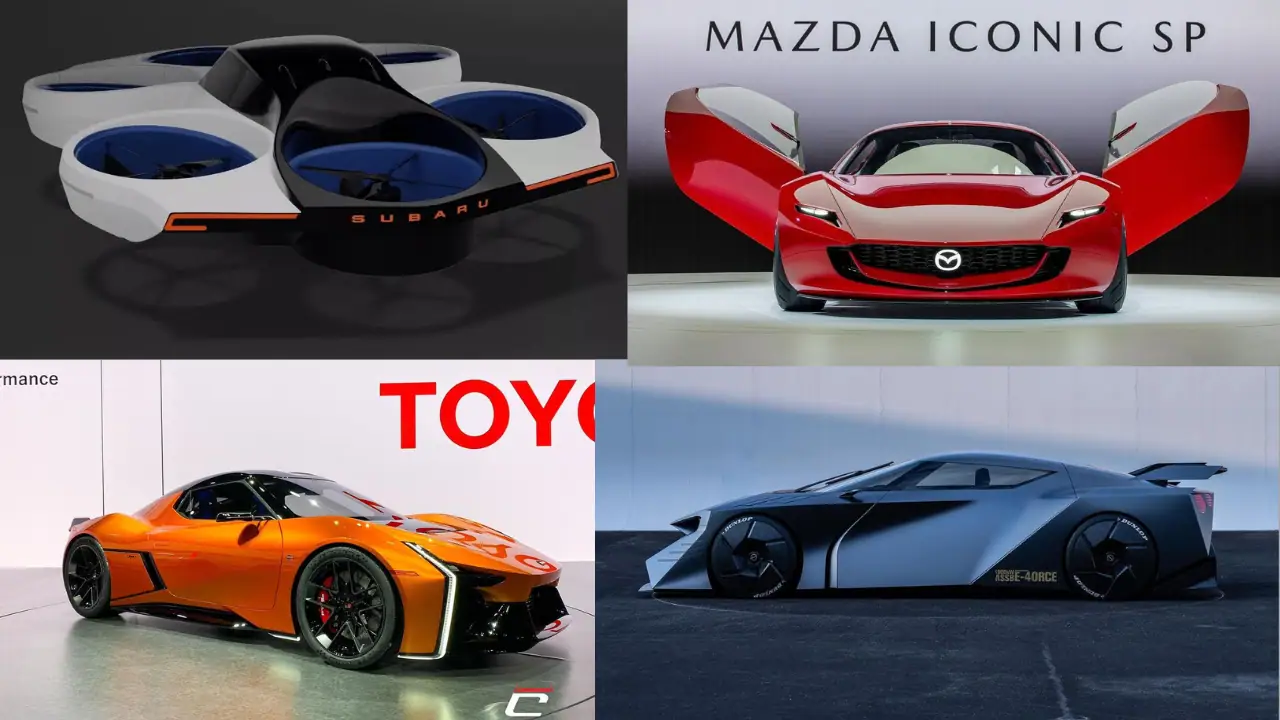In the dynamic landscape of automotive innovation, the Japan Mobility Show 2023 emerges as a beacon of hope and ingenuity amidst challenging times. As the world stands on the brink of a seismic shift in the automotive industry, with electric vehicles (EVs) leading the charge, Japan’s leading carmakers are gearing up to showcase their prowess and determination to remain global leaders in this electric era.
Embracing Change: Japan’s Response to Shifting Trends
Japan, long revered for its automobile prowess, faces challenges on multiple fronts. The specter of losing its top position in car exports to China and slipping to the third-largest economy behind Germany looms large. The Japan Mobility Show 2023, a resplendent display of innovation and sustainability, serves as a bold response to these challenges. Leading companies like Toyota Motor Corp., Honda Motor Co., and Nissan are spearheading this revolution, embracing the electric future with unparalleled zeal.
Hyper Force Concept
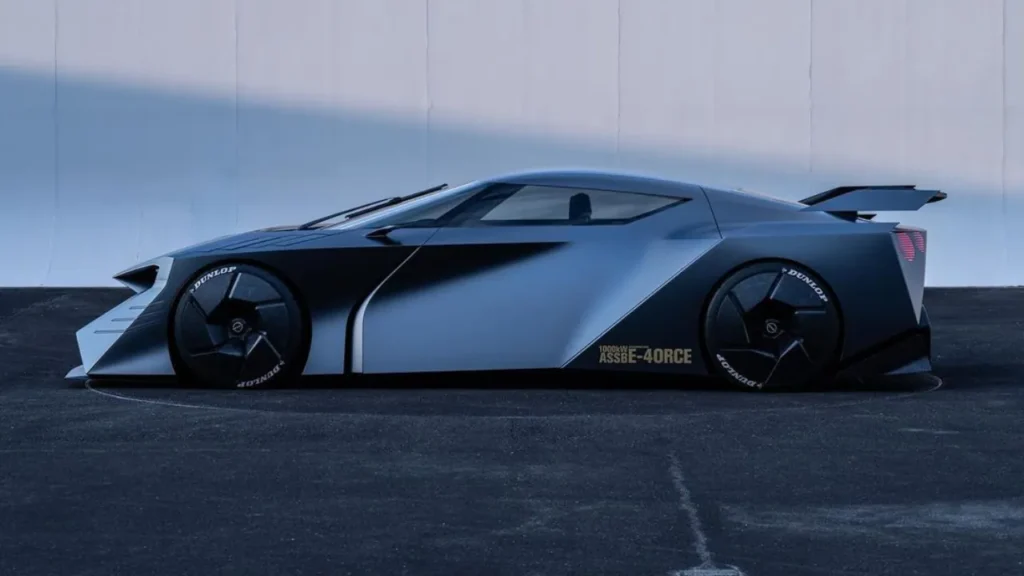
Nissan, a trailblazer in the EV domain, unveiled its Hyper Force Concept, a testament to their innovative spirit. This groundbreaking concept integrates virtual reality features, enabling drivers to engage in immersive gaming experiences while the vehicle is stationary. The Hyper Punk, with its adaptive music and lighting, and the Hyper Tourer, a driverless marvel, underline Nissan’s commitment to redefining the driving experience.
BYD’s Global Ascent: A Japanese Sojourn
In an unexpected turn, China’s automotive giant, BYD, ventures into Japan, a market traditionally inclined towards domestic brands. BYD’s Atto-3 SUV and Dolphin hatchback have already made waves, with the Seal electric sedan poised for a spring debut. This foray marks a significant shift in consumer preferences, hinting at a more diverse and competitive Japanese EV market.
Yamaha’s Tricera
Yamaha, renowned for its mastery in motorcycles, presented the Tricera, an awe-inspiring three-wheeler EV. This open-topped marvel, part of Yamaha’s “Urban Exciting Mobility” concept, represents a harmonious fusion of mind, body, and machine. In an industry where innovation knows no bounds, Yamaha’s Tricera stands tall as a symbol of limitless possibilities.
Lexus LF-ZC: Toyota’s Premium Venture
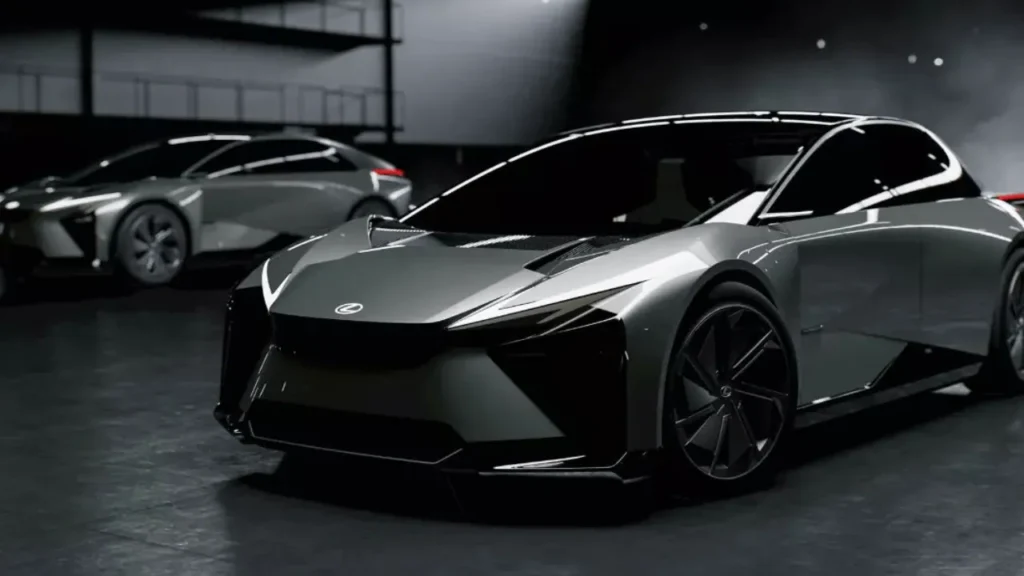
Toyota’s premium brand, Lexus, takes center stage with the LF-ZC concept. This sleek EV is set to challenge industry giants like Tesla and BYD. Scheduled for release in 2026, the LF-ZC boasts an impressive 1,000 kilometers of range and 20-minute charging, thanks to its cutting-edge lithium-ion battery. With intuitive entertainment systems and streamlined production, Lexus exemplifies Toyota’s commitment to revolutionizing the EV landscape.
Honda: Beyond Boundaries of Air, Sea, and Space
In a similar vein, Honda affirmed its commitment to the joy of driving amidst the ongoing electrification and the proliferation of autonomous driving technologies aimed at achieving carbon neutrality. Honda showcased the Prelude Concept, exemplifying their dedication to this pursuit. Furthermore, Honda demonstrated its competitive edge against Tesla by revealing the Prologue prototype, an electric vehicle designed specifically for the North American market.
Honda, not content with terrestrial innovations, unveils an electric vertical takeoff and landing aircraft, an avatar robot, and the resurrection of a fan-favorite: the Prelude sports car, reimagined as an electric vehicle. Honda’s vision extends far beyond roads, encompassing air, sea, and even outer space. This multi-dimensional approach reaffirms Honda’s pioneering spirit and dedication to shaping the future of mobility.
Subaru:Motorsports EV and Flying Car
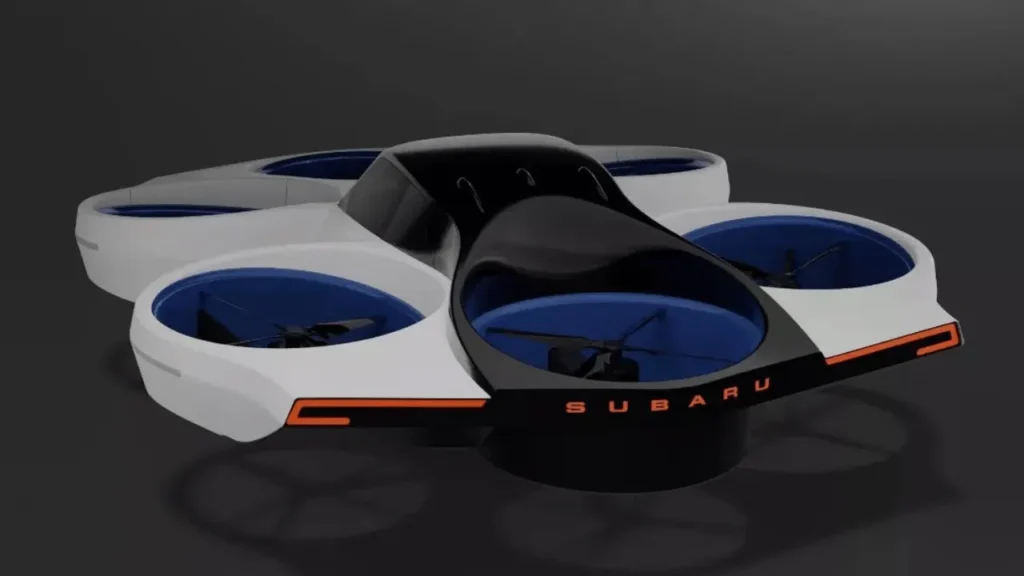
Subaru, synonymous with robust vehicles, pushes the envelope with a motorsports EV concept and a flying car. While these innovations are awe-inspiring, Subaru acknowledges the challenge of societal adaptation. CEO Atsushi Osaki’s pragmatic approach highlights the need for time and collective understanding, underscoring Subaru’s commitment to pushing boundaries responsibly.
Mercedes-Benz
Mercedes-Benz, a German powerhouse, aims to double its EV sales in Japan, bolstered by the launch of revamped GLE SUVs. The company contemplates installing fast chargers in 2024, acknowledging the nascent stage of the EV market in Japan. In this evolving landscape, international collaborations and strategic planning are key, and Mercedes-Benz is poised to navigate this terrain with finesse.
Mazda’s Rotary Revolution
Mazda Motor unveils the “Mazda Iconic SP,” a sports car utilizing Mazda’s iconic rotary engine technology in a plug-in hybrid format. CEO Masahiro Moro’s vision of expanding the circle of car enthusiasts underscores Mazda’s dedication to crafting vehicles that resonate with the heart. This prototype exemplifies Mazda’s heritage meeting future innovation, a testament to the brand’s enduring legacy.
Toyota’s EV Odyssey
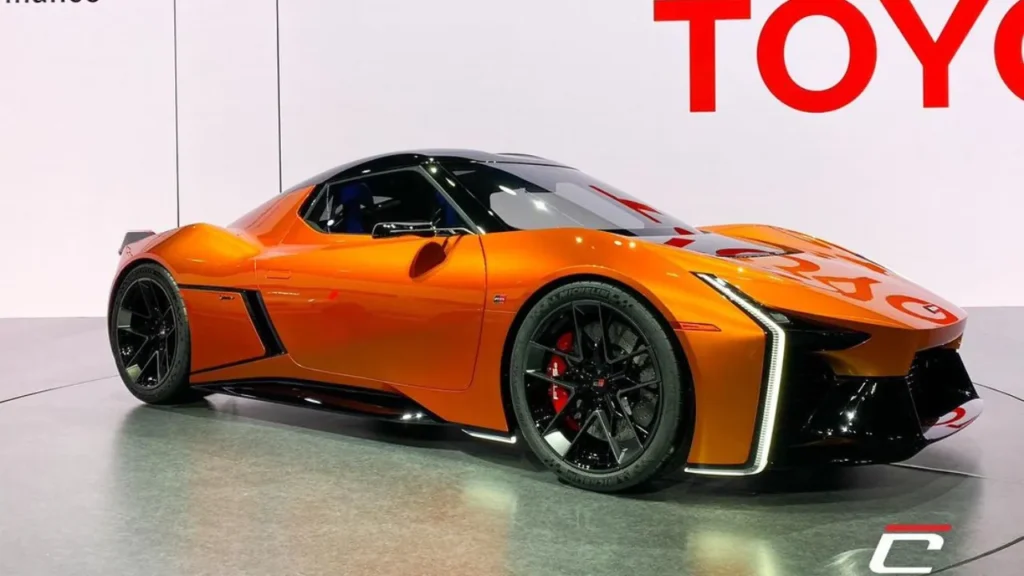
Toyota CEO Koji Sato takes the stage with a resolute focus on EVs, delineating a future where driving pleasure and eco-friendliness coexist seamlessly. The unveiling of various EV concepts, including sports cars, SUVs, and modular vehicles, showcases Toyota’s commitment to diversity. With innovations like the FT-Se, FT-3e, IMV 0, and Kayoibako, Toyota invites consumers into a world where customization meets sustainability, redefining the future of mobility.
Conclusion: Driving Into a Sustainable Future
The Japan Mobility Show 2023 encapsulates the spirit of innovation, collaboration, and resilience that defines Japan’s automotive industry. As the world witnesses this grand spectacle of electric wonders, it becomes evident that the future of mobility is not just about transportation—it’s a convergence of dreams, technologies, and a shared commitment to a sustainable tomorrow. Through these groundbreaking endeavors, Japan’s carmakers are not just outranking competitors; they’re paving the way for a future where innovation knows no bounds, and the world moves towards a greener, more exciting horizon.
Suzuki Wagon R
Suzuki unveiled the Wagon R, designed for the Indian market, which runs on an innovative fuel source – cow dung. This car utilizes existing internal combustion engine technology and harnesses India’s abundant biomass resources, including cow dung. Suzuki emphasized that such advancements are instrumental in helping India achieve its carbon neutrality target by 2070. Additionally, Suzuki introduced the Swift Concept, a next-generation model characterized by a futuristic design featuring a polyhedron motif, defined by flat faces, straight edges, and sharp corners.
